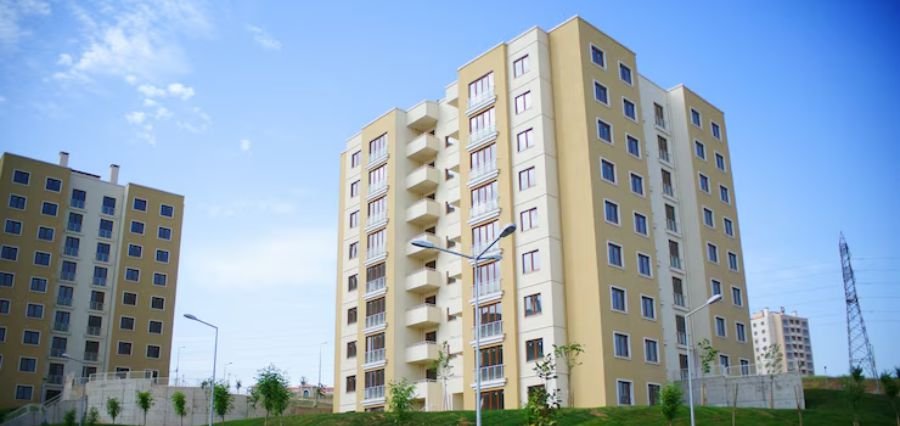When considering a behavioral boarding school for your child, numerous questions may arise about what the experience will entail. From daily routines to therapeutic approaches, understanding what to expect can ease concerns and help you make informed decisions. Here’s a comprehensive guide to navigating this transformative journey.
Understanding the Environment
Behavioral boarding schools provide a structured environment designed to support students facing behavioral, emotional, or academic challenges. These centers offer a blend of academic education and therapeutic interventions in a residential setting. Students benefit from a consistent daily schedule that promotes stability and routine, fostering a sense of security and predictability essential for personal growth.
Comprehensive Assessment and Individualized Plans
Upon admission, your child will undergo a thorough assessment by educational and clinical professionals. This assessment helps tailor an individualized plan that addresses academic needs, behavioral challenges, and therapeutic goals. Expect detailed discussions about your child’s strengths, challenges, and aspirations. The collaborative nature of this process ensures that all aspects of your child’s development are taken into account, laying the foundation for a personalized support framework.
Structured Daily Routine
Expect a structured daily routine that balances academic classes, therapeutic sessions, recreational activities, and personal time. This routine helps students develop discipline, self-management skills, and a sense of stability. Daily schedules often include therapy sessions, group activities, study periods, and recreational outings. This structured approach not only supports academic and therapeutic goals but also encourages healthy habits and fosters a positive daily rhythm conducive to learning and growth.
Therapeutic Approaches
These institutions employ various therapeutic approaches tailored to each student’s needs. These may include individual therapy, group therapy, family therapy, and specialized programs such as art therapy or equine therapy. Therapeutic interventions aim to promote emotional growth, improve coping mechanisms, and enhance social skills. By offering a diverse range of therapeutic modalities, schools can cater to different learning styles and preferences, ensuring that each student receives the support they need to thrive emotionally and socially.
Academic Support and Progress Monitoring
Academic programs in these centers are structured to accommodate diverse learning styles and paces. Teachers provide individualized instruction and support, ensuring academic progress while addressing any learning challenges. Progress is regularly monitored to track academic achievements and adjust strategies as needed. This proactive approach to education not only supports academic success but also fosters a positive attitude towards learning, empowering students to achieve their full potential in a supportive and nurturing environment.
Focus on Personal Development
Beyond academics and therapy, these schools emphasize personal development. Students participate in activities that foster responsibility, teamwork, and leadership skills. Expect opportunities for community service, outdoor adventures, and skill-building workshops that promote holistic growth. These activities not only enrich the learning experience but also help students develop essential life skills and cultivate a sense of purpose and accomplishment, preparing them for future challenges and opportunities.
Family Involvement and Communication
These centers recognize the importance of family involvement in a child’s progress. Expect regular communication with school staff, including updates on academic performance, therapeutic goals, and overall well-being. Family therapy sessions and workshops may also be offered to strengthen family dynamics and support the transition process. This open and collaborative approach ensures that families remain actively engaged in their child’s journey, fostering a supportive network that enhances the effectiveness of the school’s interventions.
Transition and Aftercare Planning
As your child nears completion of their program, expect detailed transition planning to ensure a smooth return home or transition to the next educational setting. Behavioral boarding institutions often provide aftercare support, including alumni programs, mentorship opportunities, and resources for continued success. This comprehensive approach to transition planning helps students and their families navigate the challenges of reintegration, ensuring that the progress made during their time at the school is sustained and built upon in their future endeavors.
Emotional Support and Safety
Emotional support and safety are paramount in behavioral boarding centers. Trained staff members are available round-the-clock to provide guidance, supervision, and support during challenging moments. Expect a nurturing environment where your child can explore their potential and build resilience. By prioritizing emotional well-being and creating a safe and supportive atmosphere, schools empower students to overcome obstacles, develop self-confidence, and cultivate positive relationships, laying the foundation for long-term personal and academic success.
Choosing behavioral boarding schools involves careful consideration of your child’s needs and goals. By understanding what to expect—from structured routines and therapeutic approaches to academic support and emotional growth—you can support your child’s journey toward positive change. Each experience is unique, but with the right school and supportive environment, behavioral boarding institutes can provide transformative opportunities for growth and development.














